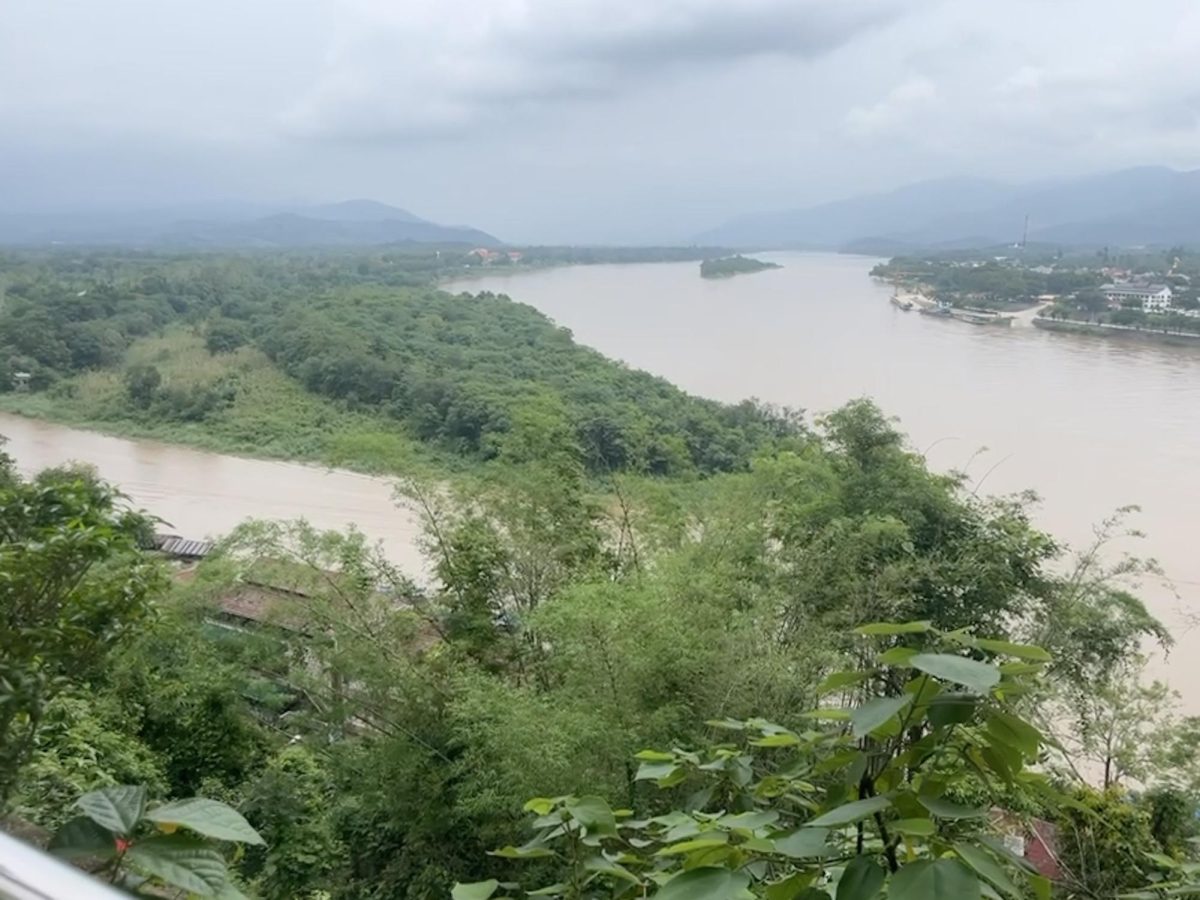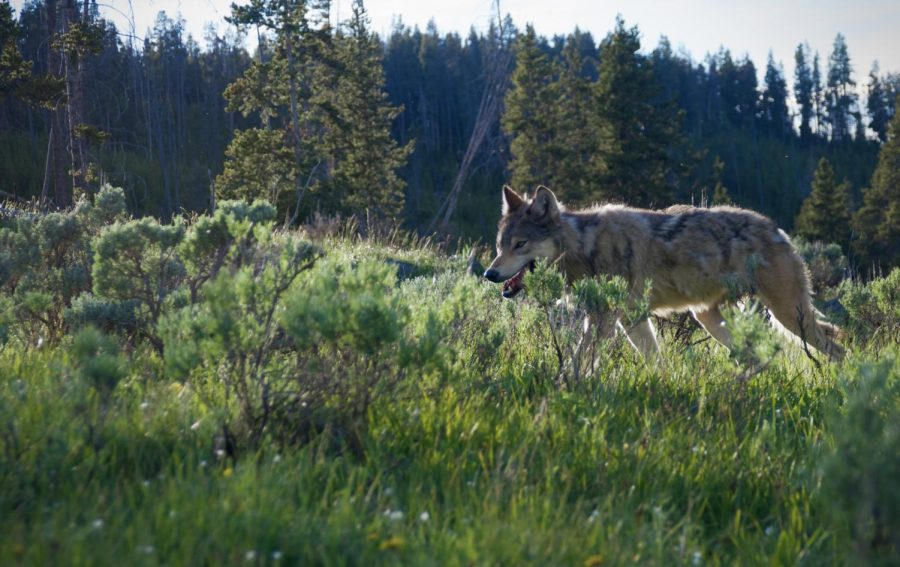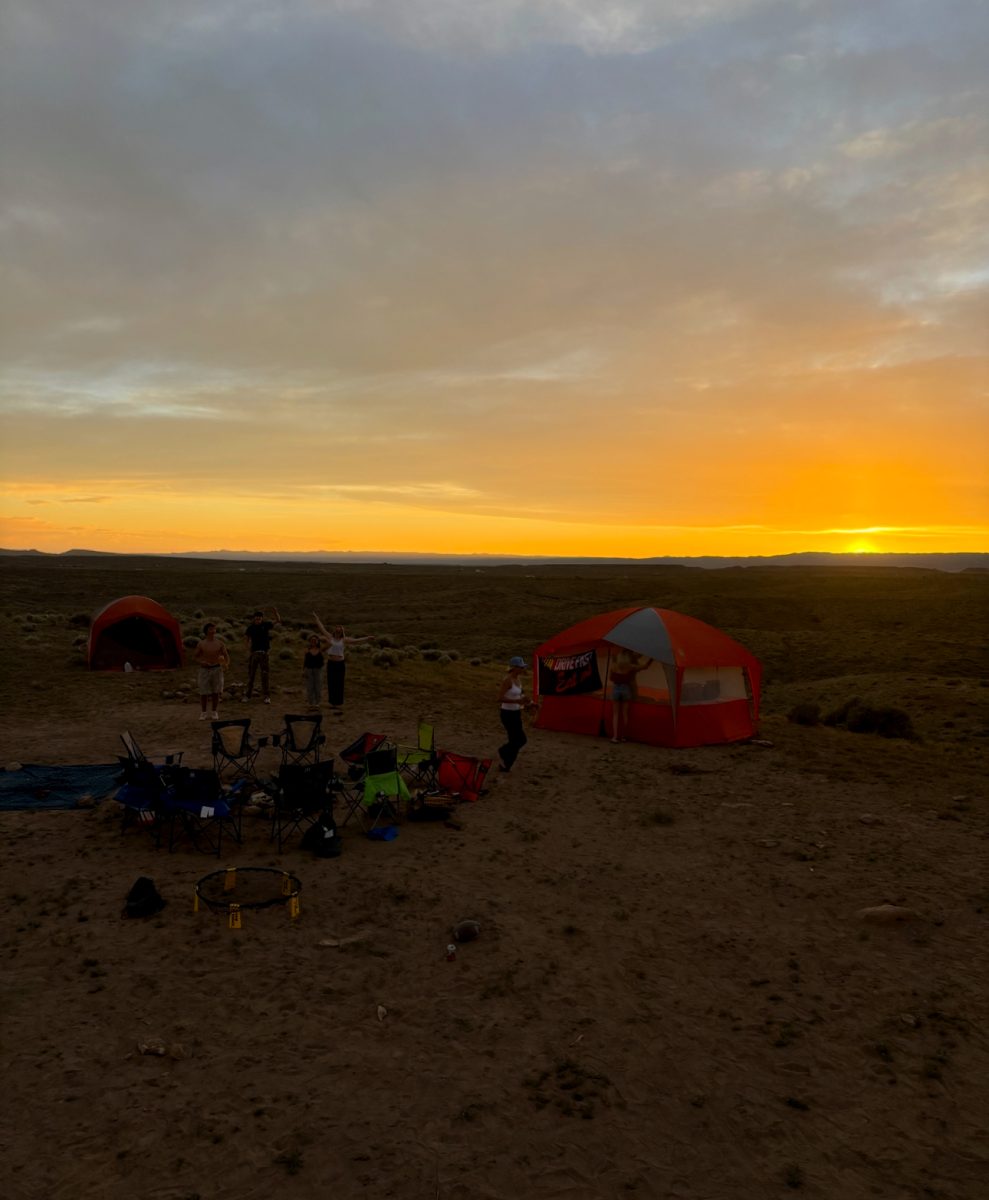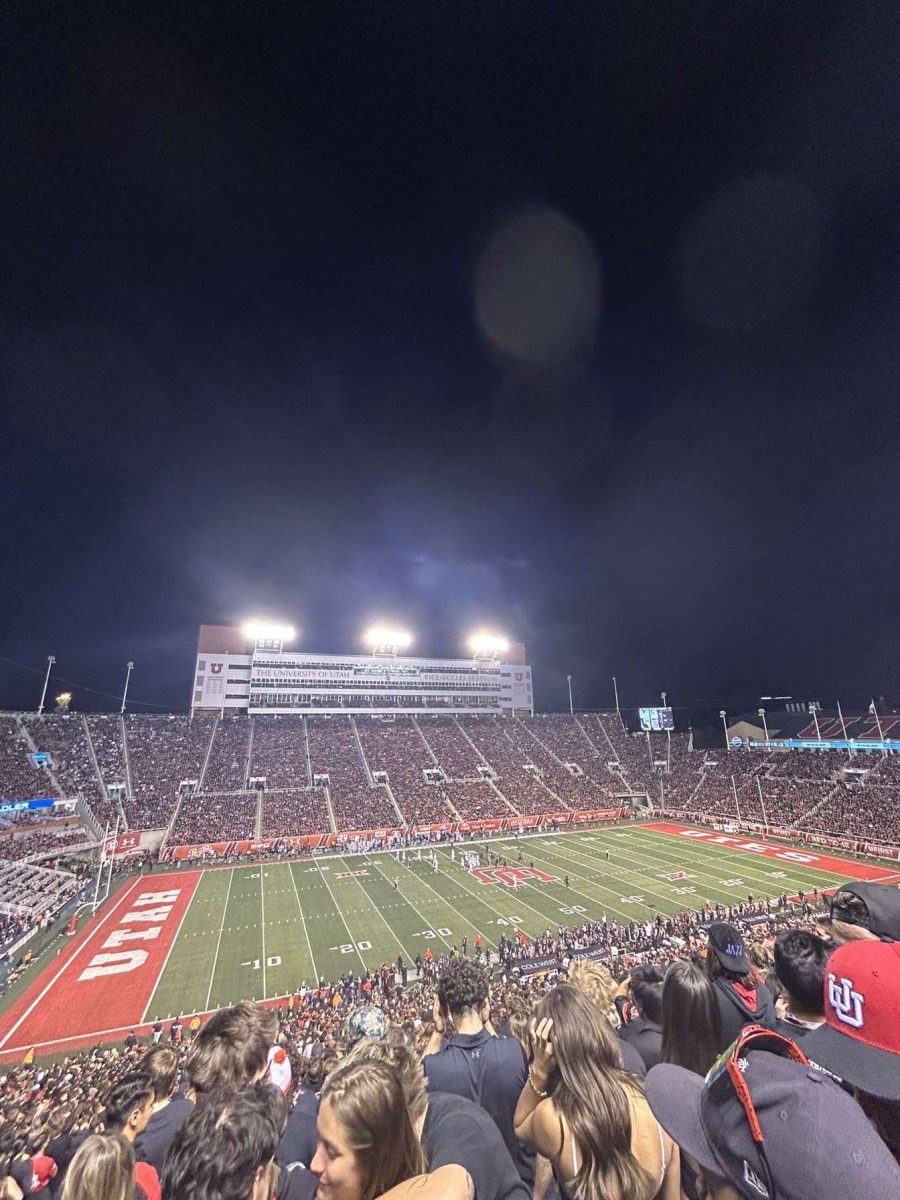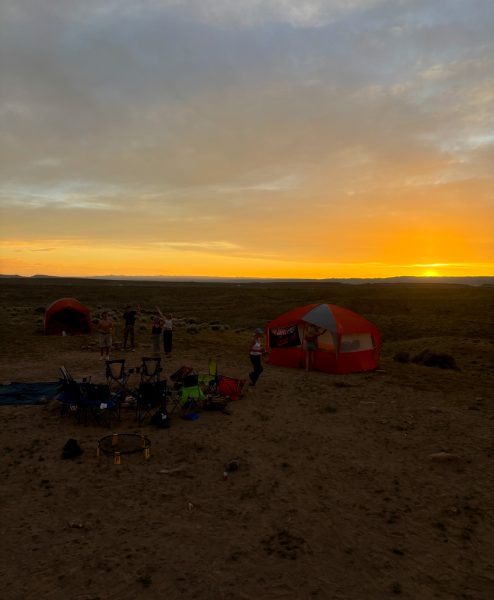The Water Crisis, Affecting Us All
Lake Powell is quickly disappearing, water levels are at an all-time low. We can see here the water lines are sinking and exposing rocks like this one in the lake.
The US is experiencing a two-decade-long drought that has resulted in the driest period within the last 1,200 years. The drought has altered the lives of countless people, especially in western states such as Colorado, Arizona, Utah, and California. Cities are running out of water to drink, the grass is turning brown, and human-made water sources such as Lake Powell, may soon become a thing of the past.
The Roaring Fork River and other rivers in the valley such as the Colorado have also been heavily affected by this drought. Over 40 million people, all in the western states, rely on these rivers for water to drink, to water their lawns, and to run businesses. These rivers provide the resource which is needed in nearly all areas of life and unfortunately, it is quickly disappearing.
Haylen Gonzalez-Pita is a freshman biology teacher, she also teaches IB environmental science at Aspen High School. Brent Maiolo also teaches science and other environmental-based classes at the high school. They are both passionate about the environment and believe this issue is great and needs to be discussed more, especially in our valley.
“Because of this drought, there’s been a noticeable shift in the winters, for how much snowpack we’re getting. If you think about snowpack and what that then trickles down to that impacts agriculture and people that raft and fish, and we are a very ecotourism based economy,” Gonzales-Pita said.
This is significant because, without enough snowpack, our rivers stop flowing which can lead to corrupt businesses. The fact that this can also impact tourism, the largest economic provider in Aspen, is scary. We really need this resource to survive in all aspects of life and to also do the things we love. This drought, although it may sometimes seem subtle to us, it’s changing a lot about our lives, even if we can’t see it.
“Climate Change, that’s the main driver. The snow records in Aspen, just in the last 100 years or so, you can see that the number of snowy days is decreasing. And, that can be attributed to climate change,” Maiolo said.
Additionally, the biggest factor in this issue is climate change, as Maiolo stated. Because of things such as pollution, our planet is starting to become hotter, making it harder for snow to stick around long enough to provide water for the rivers through the summer and other months it doesn’t snow. We need this water but because of this bigger issue, it is starting to become harder and harder to come by.
“My concerns are very large. I think that if we look at our resources, water is, I would say, our most important one. We can’t live too long without water and I think that it not only impacts humans directly but also our environment and our livelihoods,” Gonzales-Pita said.
Your concerns may be large for this current drought situation and although this seems dire, there are a few things you can do to help. The most important thing we can currently do is to put time and effort into saving as much water as we can and becoming more eco-friendly. Our valley has some incredible resources available to help us know what we should be doing. Rick Lofaro with the Roaring Fork Convesny provided some simple ways to help the issue.
“One of the biggest impacts is really paying attention to outdoor watering use, because that’s where a lot of savings can be made like making sure that sprinkler systems are tuned up and watering efficiently and you know, watering every other day or what the recommendations are in a particular area or looking at,” Lofaro continued with the suggestion. “Outdoor water use is something that’s an easy place to waste it and also an easy place to save it by paying attention and making a few adjustments every year,” Lofaro said.

Addy is a senior at AHS and has been on the Skier Scribbler for two years. She has always had a passion for writing and enjoys using journalism as an outlet...


